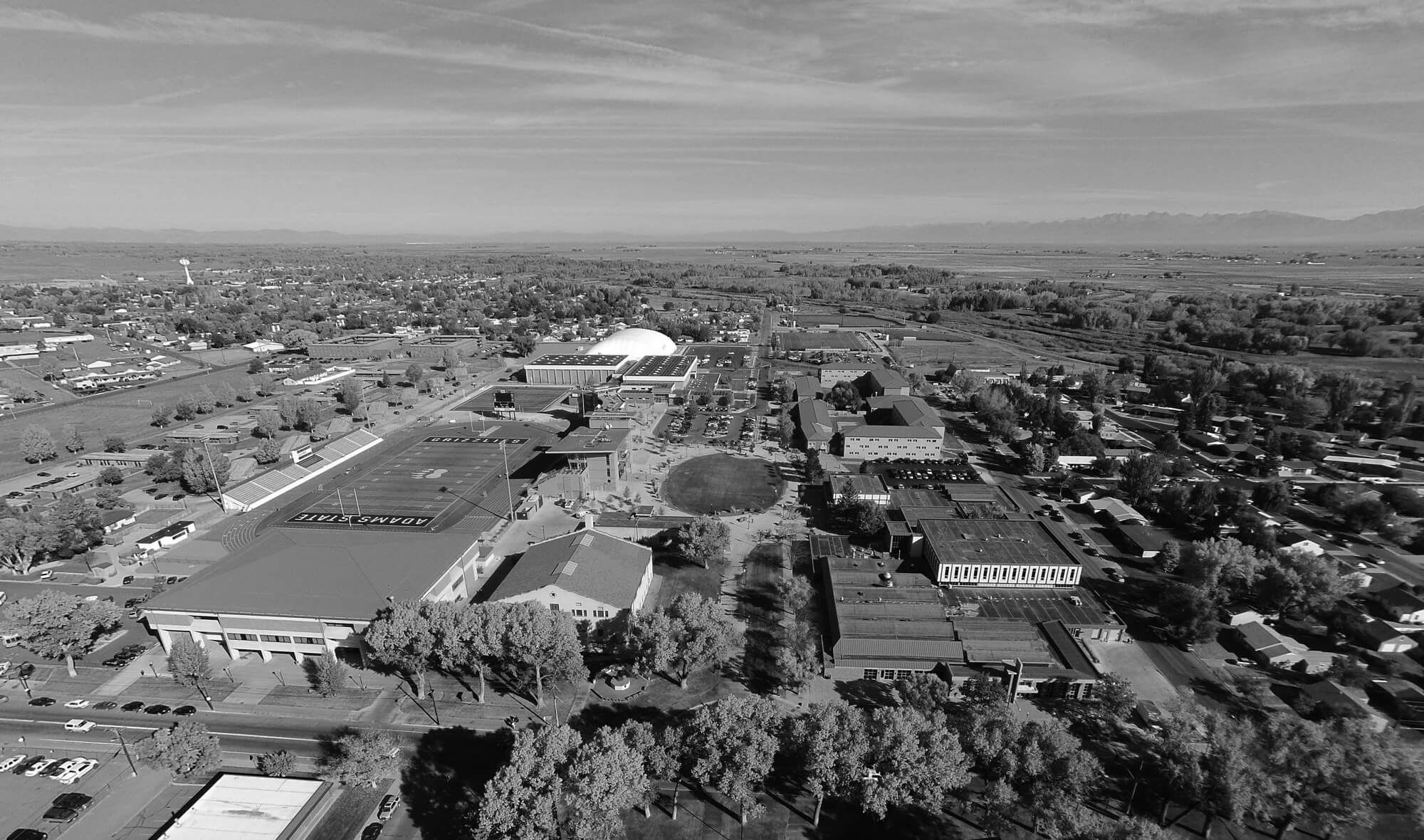Nursing
Bachelor of Science in Nursing
Bachelor of Science in Nursing

Officially recognized by the U.S. Secretary of Education as a national accreditation agency, the Commission on Collegiate Nursing Education (CCNE) is an autonomous accrediting agency, contributing to the improvement of the public’s health. CCNE ensures the quality and integrity of baccalaureate, graduate, and residency programs in nursing. CCNE serves the public interest by assessing and identifying programs that engage in effective educational practices.
The Nursing Program strives to prepare students to enter nursing practice upon graduation. The use of state of the art simulation as a bridge between theory and clinical gives nursing students get a true “hands on” experience. They are able to apply their skills and gain confidence in patient care.


Interim Director and Associate Professor

Visiting Assistant Professor

Assistant Professor

Assistant Professor

Administrative Assistant